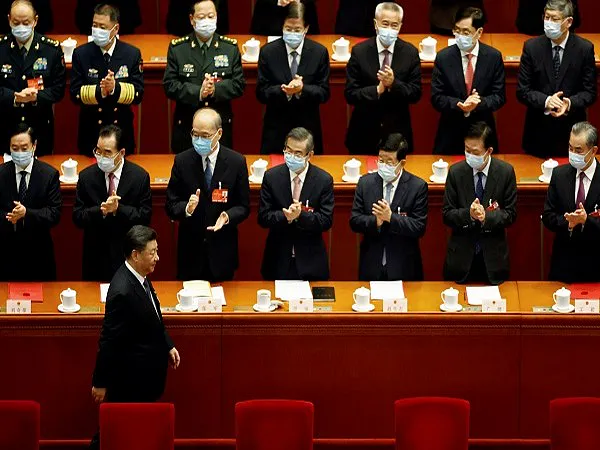Taiwan’s unification agenda is the number one priority for Chinese President Xi Jinping and he is bent on realizing this vision, media reports said quoting analysts as saying.
Analysts noted that it is not just words for Xi but he is actually mooting a systematic action plan to unify Taiwan into the mainland. “He does not regard it as just a slogan. It is an action plan that must be implemented,” said Chang Wu-ueh, an adviser to Taiwan’s government, reported Washington Post in an article written by columnist Ishaan Tharoor.
“Before, leaders talked about unification as something to be achieved in the long run. Now, it’s number one on the agenda,” he added.
Moreover, the article also talks about the retirement age in the Chinese Communist Party saying that it solely depends on whether the party official is a loyalist to Chinese President Xi Jinping or not. Across the machinery of the Communist Party, Xi has installed loyal lieutenants in positions of influence.
Post article citing Wall Street Journal said, “all but seven of the 281 members of the Communist Party’s provincial-level Standing Committees” are Xi appointees.
“It’s not about age anymore,” Yang Zhang, a sociologist at American University’s School of International Service, told China correspondent for The Washington Post, Christian Shepherd. The sociologist was referring to the unofficial retirement ages that circumscribed the careers of ambitious party officials. “It’s about whether you are on Xi’s side,” Zhang added.
China’s global image has been tarnished by Xi’s assertive nationalism and Beijing’s perceived bullying on the world stage. Xi has spent the past decade cracking down on potential rivals through the pretext of mass anti-corruption purges, while further restricting the already tiny space afforded to Chinese civil society, reported Washington Post.
Another interesting point put forth in the article was about the reality behind China’s economic prowess under Xi Jinping. Busting the myth, a senior analyst highlighted that general economic approach adopted by Xi’s predecessors is the main reason for China’s growth.
“China’s growth during Xi’s decade in power is attributable mainly to the general economic approach adopted by his predecessors, which focused on rapid expansion through investment, manufacturing, and trade,” said Neil Thomas, a senior analyst for China and Northeast Asia at Eurasia Group, to CNN, reported Post.
“But this model had reached a point of significantly diminishing returns and was increasing economic inequality, financial debt, and environmental damage,” Thomas said.

